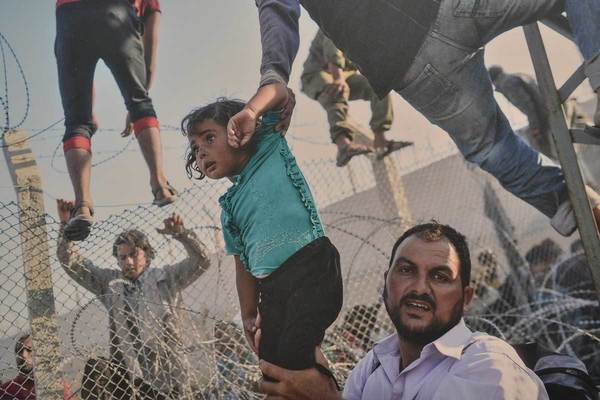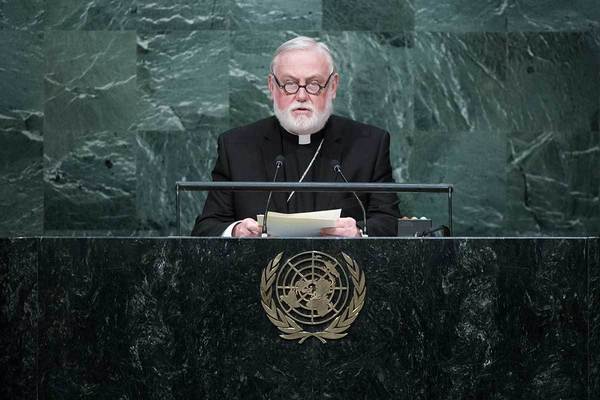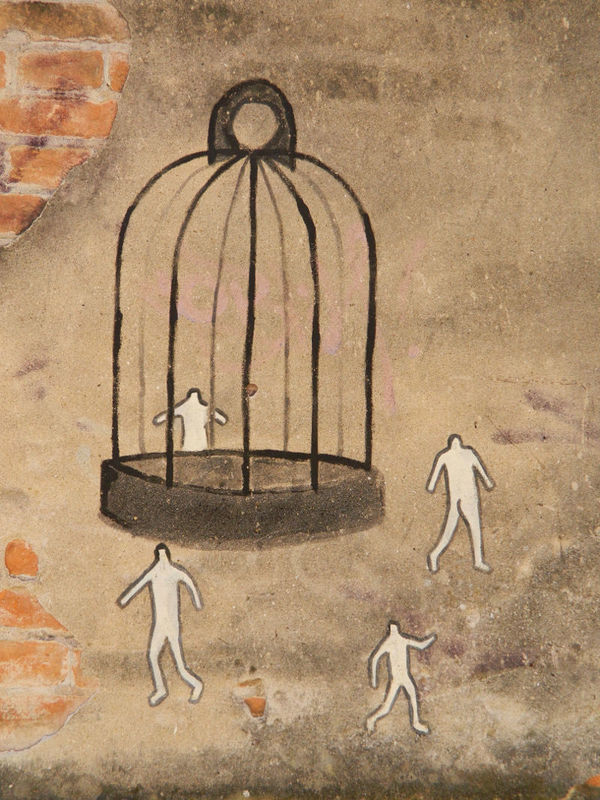
In his address to an international forum on migration and peace in 2017, Pope Francis reminded us that our principal response to migrants could be summarized in four simple verbs: “to welcome, to protect, to promote and to integrate.”
Migration remains arguably Europe’s greatest contemporary challenge, and thus we at the Nanovic Institute continue to be dedicated to research, programming, teaching, conferences, and study trips that focus on this central theme.
This week, our Keeley Vatican Lecturer, Archbishop Paul Richard Gallagher, will speak on the topic “The Catholic Church in the European Project.” Last week, Archbishop Gallagher addressed the United Nations on the topic of migration and pointed out to its General Assembly the necessity of articulating a coherent foundation for sustainable and humane migration policy: "The world, in fact, needs to regain an all-encompassing vision of the human person, human dignity and human rights, since any reductive vision of the human person inevitably dehumanizes and effectively excludes certain persons from membership of the human race, opening the way to inequality, injustice, and injury."


Investigating the extent to which religious Europeans have such a vision has been the focus of a major new empirical study at Notre Dame, which the Institute has supported. Assisting the first phase of the project, the Institute is now a full partner of Fr. Robert Dowd’s Ford Seminar research project, “Believing and Belonging: Religion and the Integration of Migrants in Europe." Led by Dowd in partnership with European peers in the social sciences, the project seeks to understand the interplay of migration and religious identity in Europe today. The first phase of the project was a major new survey of attitudes toward migrants in Italy (now complete). The second phase will consist of in-depth qualitative interviews with survey respondents.
The arts also have much to contribute to the conversation. Migration is the central theme for example in the Institute's European Film Series currently running at the Browning Cinema on campus. All four films ask the pointed question, who is my neighbor? but explore the answer in different ways: some with gentle comedy, others by means of documentary, and still others by dramatizing the struggle for simple recognition as a human being with common needs and desires.
For years, the Institute has supported research at every level (undergraduate, graduate, and faculty) on the history, ideas, and current realities associated with migration and asylum seekers in Europe. These efforts are now supported by major new funding at the Institute in support of a pivot to policy. By this the Institute means that faculty and students are strongly encouraged bring their academic training, whether in the humanities, arts, sciences, or social sciences, to bear on questions and topics that have contemporary implications in the following areas: immigration and the challenge to national identities; Islamophobia, 'Christian' identity, and the secular state; and threats to democracy and European integration.
Join us on October 4th for the continuing conversation as we watch a new film from Germany:
WESTERN
Directed by Valeska Grisebach (Germany), 2017
Screened avec Un Certain Regard, Cannes Film Festival 2017
Thursday, October 4, 7:00 pm
German construction workers building a new hydroelectric dam in the remote Bulgarian countryside encounter neighbors affected by the new plant. Social tensions run high. As one German worker tries to make friends, stereotypes begin to collapse: what results is something both awkward and authentic. All the actors in the film were new to acting and offer compelling performances.
"A faultlessly observed, broodingly intelligent piece of realism." Los Angeles Times